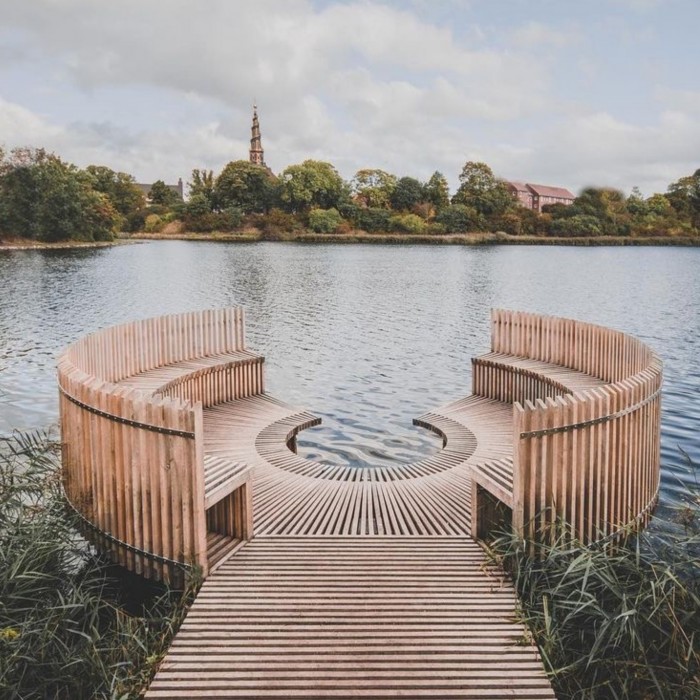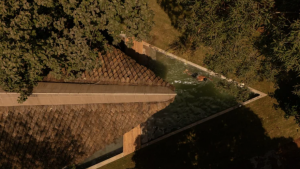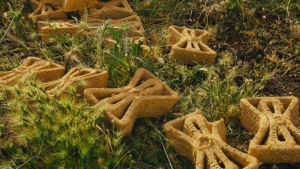Copenhagen-based architecture studio MAST has developed “Land on Water”, a system of modular containers designed to enable the construction of floating homes and other buildings.
With the growing concern about rising sea levels and the risk of flooding in mind, MAST - which was founded in 2021 by Australian architect Marshall Blecher and Danish maritime designer and architect Magnus Maarbjerg – works to improve the relationship between cities and the sea through design.
Many existing solutions for building on water are inflexible, difficult to transport and highly unsustainable, which is why MAST envisioned a new system that could be easily transported and assembled on location. “Land on Water” opens up a new world of building opportunities for almost anything, including homes, campsites, public spaces and even saunas.
MAST’s design involves a system of flat-packed modules made from a durable and resilient recycled reinforced polymer which can be assembled into different configurations, depending on the scope of the project. For flotation, the system was inspired by gabion construction, a technology that employs mesh cages filled with rubble to create foundations. Instead of filling cages with rubble, MAST’s modular cages are filled with sustainably sourced flotation materials, such as recycled buoys and floats from the fishing industry or old plastic bottles and containers. These gabion-inspired structures are also highly adaptable, as floatation materials can be added or removed according to the weight of the structure above.
“Land on Water” also promises a better underwater environment, with far less ecological damage when compared to existing solutions, which use steel and concrete foundations treated with anti-fouling paints. MAST’s recycled plastic modules avoid such toxins, and at the same time can provide habitats for fish and crustaceans, and an anchor point for molluscs and plants.
MAST hopes to provide an adaptable solution for the construction of buildings on water, offering alternatives to limited housing supplies and inspiring a new type of dynamic, off-grid floating community. The company is currently developing a prototype using the “Land on Water” system. Find out more about the project on the MAST website at https://inda.ba/3T9VrBN .
Read more
Credits: MAST







